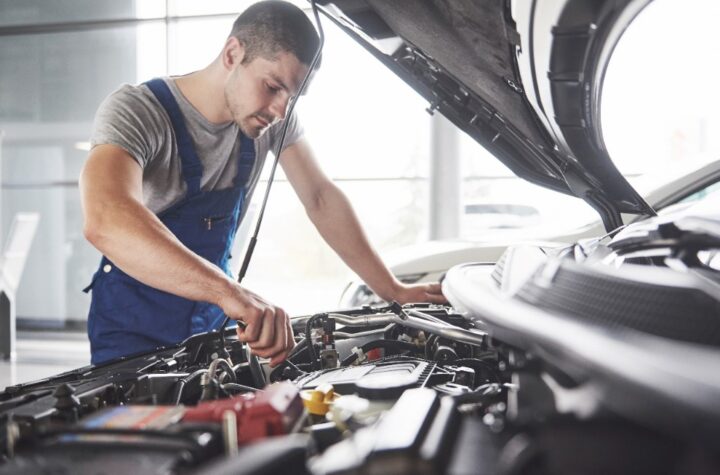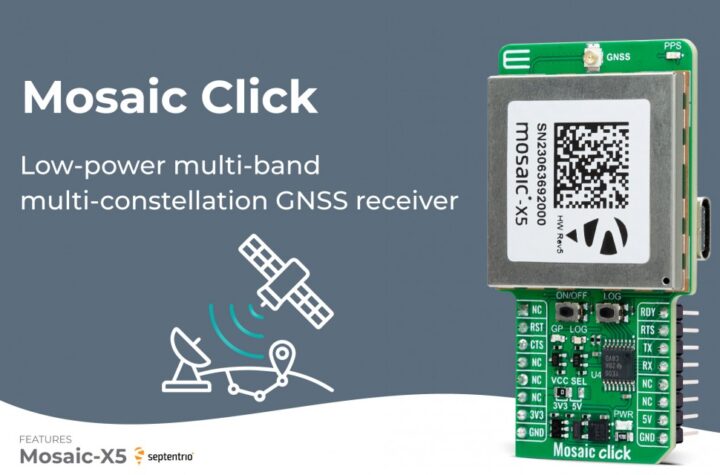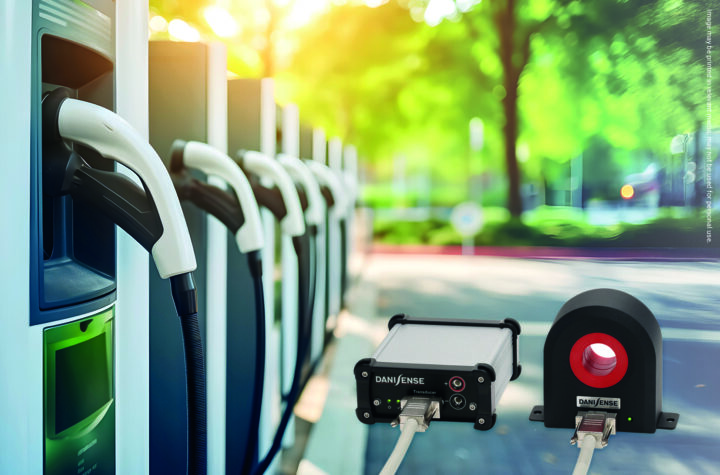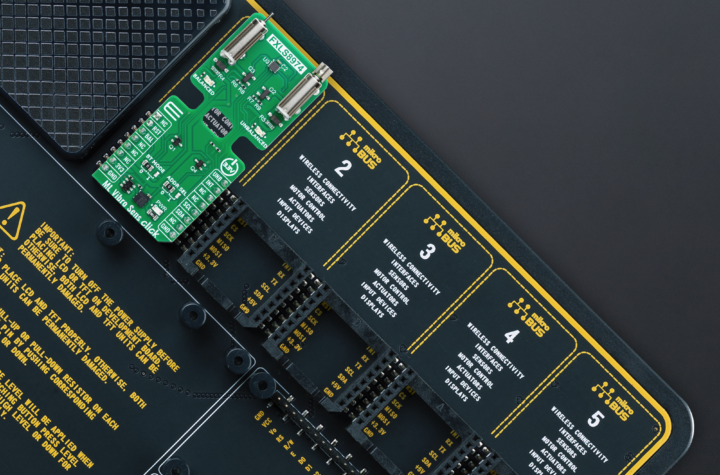
Accelerator Force Feedback Pedal improves safety and fuel economy by delivering haptic feedback through active pedal.
EC Fuel Pump improves energy consumption and reduces CO2 emissions in gasoline, diesel and flex-fuel vehicles.
Two key innovations from Continental’s Automotive Group, the Accelerator Force Feedback Pedal (AFFP™) and EC (Electronic Commutation) Fuel Pump, were named finalists for the 2011 Automotive News PACE (Premier Automotive Suppliers Contribution to Excellence) Awards.
The Automotive News PACE Awards honor superior innovation, technological advancement and business performance among automotive suppliers. This prestigious award, now in its seventeenth year, is recognized around the world as the industry benchmark for innovation.
“Our strategy is focused on developing products that improve safety, performance, fuel economy and environmental impact and we’re proud to see two of our innovations recognized by the judging committee,” said Samir Salman, Chief Executive Officer of Continental’s Automotive Group in North America. “Continental’s AFFP™ and the EC Fuel Pump are two clear examples of how our Divisions are delivering on our strategy.”
AFFP™ is a technology that helps improve real-world safety and fuel economy by coaching and assisting drivers by delivering haptic feedback through the accelerator pedal. By helping drivers to slow their speed and initiate braking sooner, it can help reduce rear-impact collisions, which are one of the most common types of accidents. There were 1.8 million rear-impact accidents in the United States in 2006 – about 29 percent of all injury crashes. The Insurance Institute for Highway Safety has estimated the cost of neck and back injuries sustained in these crashes at about $8.5 billion per year.
When integrated with a GPS navigation system, AFFP™ can help reduce run-off-the-road accidents, which account for 70 percent of all fatal single-vehicle crashes. Using map data and information about vehicle status, a driver assistance system incorporating AFFP™ can calculate a safe speed for a given corner and trigger a warning to the driver to decelerate or brake before entering the curve.
AFFP™ also can help coach drivers to achieve optimum real-world fuel economy. In Nissan’s ECO Pedal system, vehicle performance data, including transmission efficiency and the rate of fuel consumption, is analyzed to calculate the optimal rate of acceleration for good fuel economy. As the driver pushes down on the pedal, the AFFP™ provides a counterforce to prevent over-revving the engine.
Continental’s EC Fuel Pump is an electronically commutated, in-tank fuel pump that improves vehicle energy consumption and reduces CO2 emissions in gasoline, diesel, flex-fuel vehicles or any other tank fluid. It features a robust, brushless design that improves life-time by more then 50 percent, while improving energy use by as much as 70 percent when compared to conventional uncontrolled fuel pumps and by 10 percent over DC demand regulated pumps.
Additional benefits include:
Reduced CO2 emissions by 0.3 g/km in gasoline engines and by 0.5 g/km in diesel engines when compared to demand controlled DC motors.
Increased durability and lifespan, due to on-demand performance, compared to conventional uncontrolled fuel pumps that run at full speed 100 percent of the time.
Robust design allows EC pumps to handle variations in fuel grades, including E100.
When combined with electronic controls, power and flow adjustments are made based on driving situation.
Continental is the first supplier to bring both of these technologies to market in mass production.
The 2011 Automotive News PACE Awards will be presented on April 11, 2011 at the Max M. Fisher Music Center in Detroit.
With targeted annual sales of EUR 25 billion for 2010, Continental is among the leading automotive suppliers worldwide. As a supplier of brake systems, systems and components for powertrains and chassis, instrumentation, infotainment solutions, vehicle electronics, tires and technical elastomers, Continental contributes to enhanced driving safety and global climate protection. Continental is also a competent partner in networked automobile communication. Continental currently employs approximately 146,000 in 46 countries.
The Automotive Group with its three divisions Chassis & Safety (sales of approximately EUR 4.4 billion in 2009, 27,000 employees), Powertrain (sales of approximately EUR 3.4 billion in 2009, 24,000 employees) and Interior (sales of approximately EUR 4.4 billion in 2009, 27,000 employees) achieved sales of approximately EUR 12 billion in 2009. The Automotive Group is present in more than 130 locations worldwide. As a partner of the automotive and commercial vehicle industry, it develops and produces innovative products and systems for a modern automotive future, in which cars provide individual mobility and driving pleasure consistent with driving safety, environmental responsibility and cost-efficiency.
The Chassis & Safety Division develops and produces electronic and hydraulic brake and chassis control systems, sensors, driver assistance systems, air bag control systems, washer systems and electronic air suspension systems. Its core competence is the integration of active and passive driving safety into ContiGuard®. The Powertrain Division integrates innovative and efficient system solutions for vehicle powertrains. The comprehensive range of products includes gasoline and diesel injection systems, engine management, transmission control, including sensors and actuators, as well as fuel-supply systems and components and systems for hybrid and electric drives. Information management is at the very heart of the Interior Division, which provides a range of products that includes instrument clusters and multifunctional displays, control units, electronic car-entry systems, tire-monitoring systems, radios, multimedia and navigation systems, climate control systems, telematics solutions and cockpit modules and systems.















More Stories
AVL ThermalLab™ brings dynamic road VTMS conditions to the laboratory
Sika – where battery storage technology for EVs, wind and solar meet
Driving Change with Circular Aluminum: Hydro’s Role in the Automotive Future